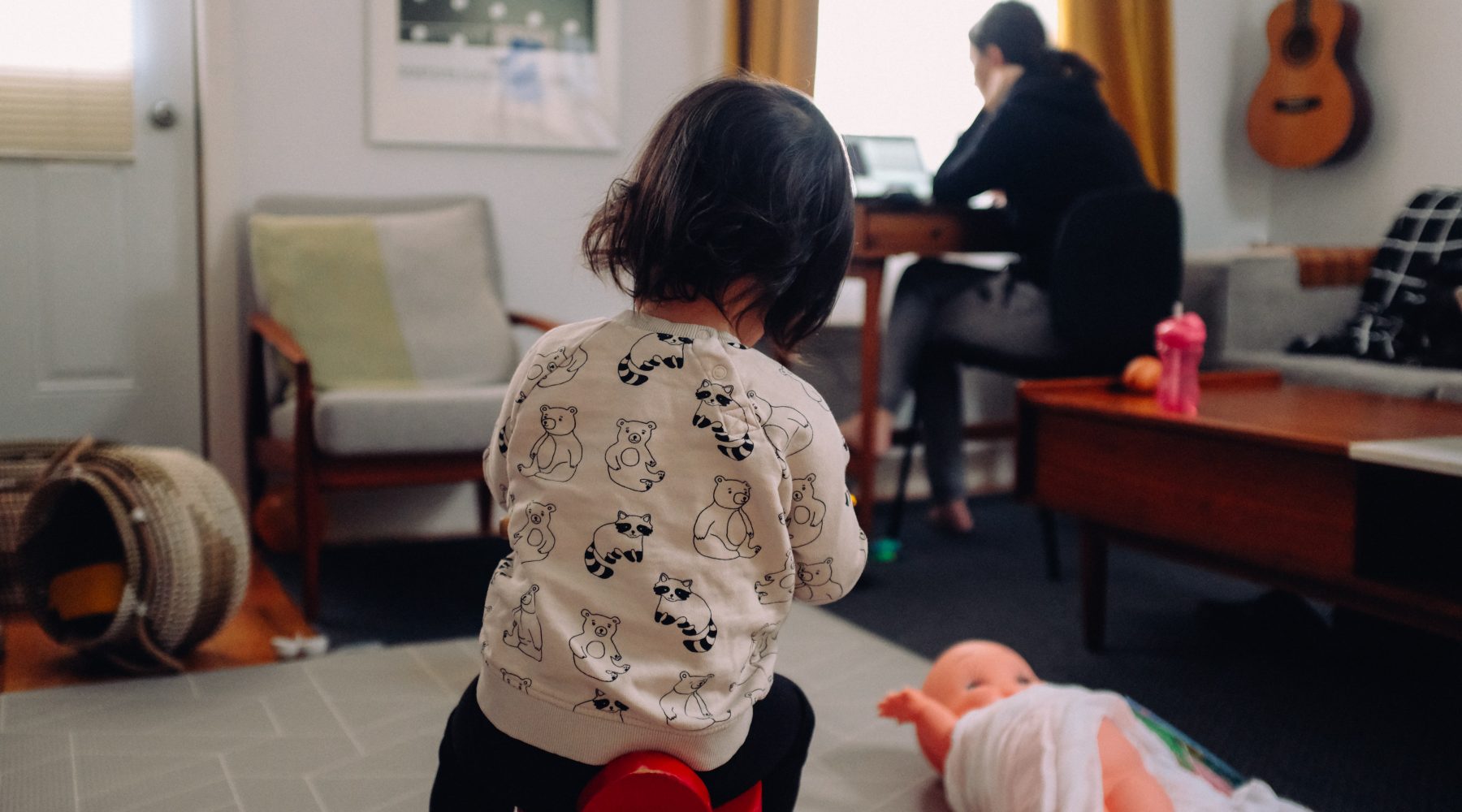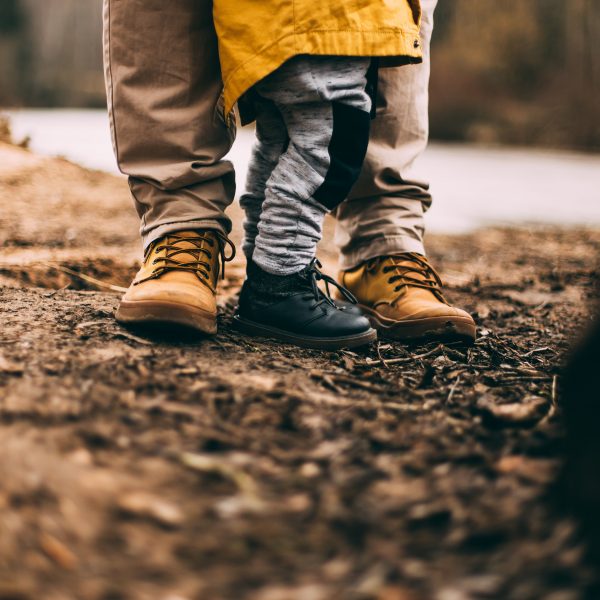COVID-19 threatens children’s safety, but not in the way you might think

While the impact of COVID-19, in terms of physical health outcomes, is widely known in early childhood education and care (ECEC) services, with policies and procedures in place to keep children safe from the physical consequences of the virus, there are a number of non-physical threats posed by its presence in the community, the National Office for Child Safety has cautioned.
COVID-19, spokesperson Rebekah Kilpatrick said, “continues to have a life changing impact on the whole Australian community including our children, their families and the organisations they engage with.”
For many children, she added, “this will be an uncertain and difficult time, but nonetheless the current measures in place are necessary to keep them and their families safe and well. For others, being isolated and away from school, friends, family and activities may create situations where they are at a greater risk of harm.”
As a consequence, Ms Kilpatrick continued, it is vital that individuals and communities “are aware of the risks children face in this new COVID-19 environment, and work together to keep them safe.”
The following information was provided by the National Office for Child Safety to support in this regard.
Child safety
It remains important, Ms Kilpatrick said, for those with concerns about children’s safety to speak up.
ECEC professionals should continue to follow the mandated reporting guidelines and policies relevant to their circumstances. For broader concerns, the following resources were recommended.
- To report online child sexual exploitation contact the Australian Centre to Counter Child Exploitation and use the ‘Report Abuse’ button.
- To otherwise report a crime, call Crimestoppers on 1800 333 000 or contact local police.
- Families Relationships Online also includes links for reporting child safety concerns to the relevant authority in each state or territory.
- Children and young people who do not feel safe should also be aware that they can call 000 in the event of immediate danger to themselves or others, as well as contacting CrimeStoppers.
- Children and young people can also seek help from Kids Helpline by webchat or by calling 1800 55 1800.
Domestic and family violence
The risk of domestic and family violence being exacerbated by social distancing and isolation throughout the pandemic is increased.
“Domestic and family violence can be physical, sexual, emotional, psychological or financial” Ms Kilpatrick said, offering the following as measures of support:
- To report immediate danger to self or others: 000
- For counselling and support service referral: 1800RESPECT, the National Sexual Assault and Domestic Violence hotline online or on 1800 737 732.
- DAISY, the first national app linking women who have experienced or are at risk of violence, to support services across Australia.
- Men can contact MensLine, the counselling service for men with emotional health and relationship concerns online or on 1300 789 978 (24 hours a day, 7 days a week).
- The Aboriginal Family Domestic Violence Hotline is a dedicated contact line for Aboriginal victims of crime who would like information about victims’ rights, how to access counselling and financial assistance. The Aboriginal Family Domestic Violence Hotline can be contacted on 1800 019 123.
Online safety
With the majority of Australian children, starting from a young age, using online technologies at home, there is increased risk of exposure to cyberbullying, inappropriate or harmful content, and contact from strangers.
A range of resources have been made available by the eSafety Commissioner to manage online safety during the COVID-19 situation including tips for parents and carers, educators and information regarding domestic and family violence.
ThinkUKnow, Ms Kilpatrick said, also has helpful information about staying safe online. In response to COVID-19 and the increased risk factors around online child sexual exploitation, the Australian Federal Police led ThinkUKnow program has a series of resources for parents, carers and teachers, to help keep children safe from online child sexual exploitation.
Recent research has identified that parents and carers are uncomfortable talking about this topic – these resources aim to raise awareness and assist parents and carers to begin conversations.
Mental health concerns
Many children, young people and adults are experiencing stress as a result of the pandemic. There are a range of free mental health services available, including Kids Helpline, Life Line, Beyond Blue and Emerging Minds, Ms Kilpatrick said.
While there are challenges and disruptions, “the safety of Australia’s children remains the National Office’s priority, and we are re-configuring our work to ensure we can deliver on the important recommendations of the Royal Commission into Institutional Responses to Child Sexual Abuse” she concluded.
Popular

Workforce
Policy
Quality
Practice
Provider
Research
ECEC must change now, our children can’t wait for another inquiry
2025-07-02 07:47:14
by Fiona Alston

Workforce
Practice
Provider
Quality
Research
Supporting successful transitions: Big moves, big feelings
2025-06-26 11:00:30
by Fiona Alston

Quality
Practice
Provider
Research
ECEC in focus - Una Springwood’s intergenerational initiative brings young and old together through connection and care
2025-06-30 10:00:45
by Contributed Content












